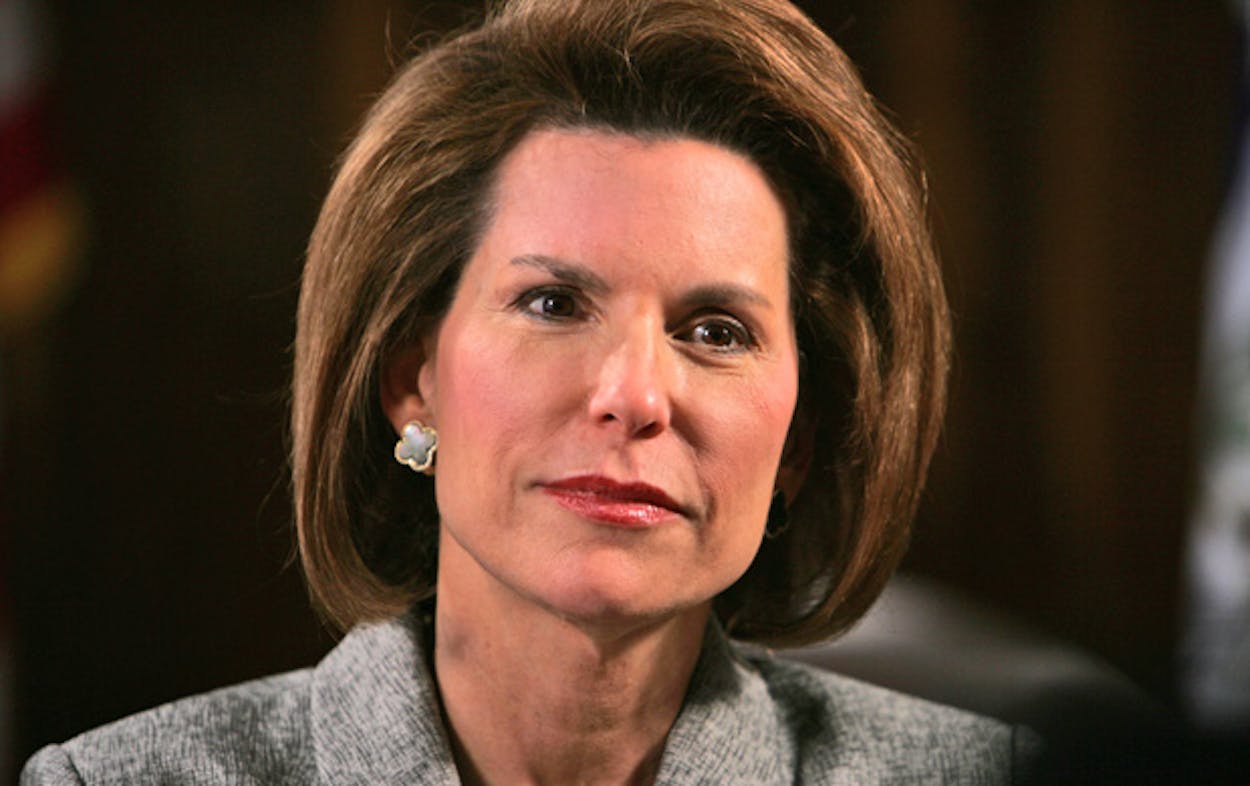For thirty years, Nancy Brinker, who founded the Susan G. Komen for the Cure, has sat at the helm of the organization as chief executive, but soon, that will all come to an end.
The Komen organization announced last week that once a replacement is found, Brinker will step down as CEO to serve as the chair of the Komen board’s executive committee.
This comes after Komen suffered a very public backlash when it announced earlier this year that it would cut funding to Planned Parenthood. (Three days after the news broke, Komen walked back the decision and Brinker issued a statement saying funds would be restored to Planned Parenthood. Brinker wrote: “Our original desire was to fulfill our fiduciary duty to our donors by not funding grant applications made by organizations under investigation. We will amend the criteria to make clear that disqualifying investigations must be criminal and conclusive in nature and not political. That is what is right and fair.”)
This isn’t the only shakeup Komen’s leadership has recently experienced: Karen Handel, the foundation’s vice president of public policy, sent in a letter of resignation to Brinker in February, and the president, Liz Thompson, as well as two board members also announced last week that they would leave the company.
So will Brinker’s decision help the Komen restore its public image? As Amanda Marcotte at Slate’s Double X opines, even with the resignation, it could be too little, too late. She suggests that the organization’s following has been divided into two camps:
Part of why Komen is likely to fail at picking up the pieces is that the entire battle exposed some tensions in its base of support—tensions that had largely been minimized by the genuine desire of a broad coalition to fight breast cancer. Part of what made the organization such a behemoth is that Komen was able to put together the traditional supporters of women’s health care, who are pro-choice and have feminist leanings, with more conservative women who had previously been afraid of the immodest implications of talking openly about breast health… By crossing that line, they forced their supporters into a sluts vs. church ladies battle. Now the feminist side perceives the organization as swarming with prigs whose support for your health stops as soon as they know you’ve touched a penis, and a handful of prominent resignations can’t really do much to change that.
And as the New York Times points out, Brinker’s new role as chairman of the board’s executive committee is still a powerful one, which means Komen isn’t fully committed to making a significant change to the company. Eve Ellis, a board member for the foundation’s New York chapter from 2004 to 2012, told the Times:
That makes me think this is a public relations stunt. …She will be in a position to fire and hire and politicize women’s health care. I understand that she will no longer be chief executive officer. But she will be the decision maker on who the C.E.O. is. This is problematic.
Since it was founded, Komen has contributed nearly $2 billion to the breast cancer cause. And beginning in 2005, Komen contributed a $700,000 grant on a yearly basis to Planned Parenthood for breast cancer screenings.
Komen’s announcement comes after a year in which women’s health issues in Texas have been at the forefront. Read more about Komen, Planned Parenthood, and other issues facing women’s health in Mimi Swartz’s August cover story, “Mothers, Sisters, Daughters, Wives.”






